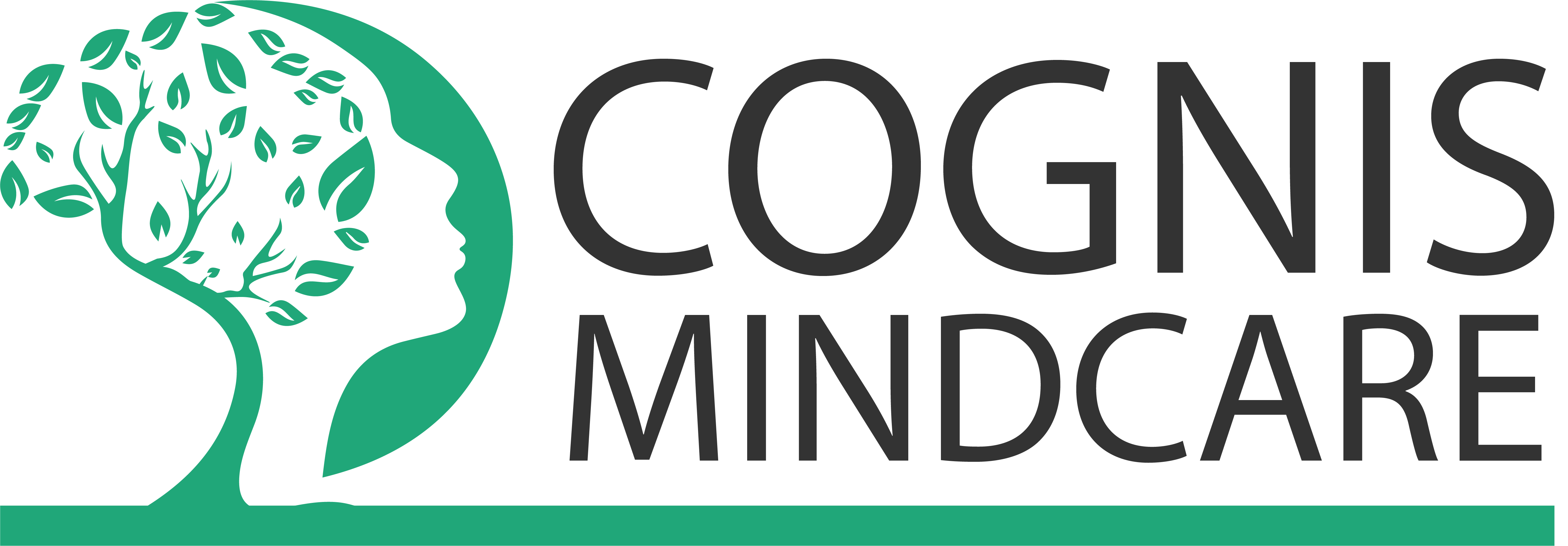
What is it?
Obsessive-Compulsive Disorder (OCD) is a mental health condition characterized by uncontrollable, recurring thoughts, images, or impulses/urges (obsessions) that cause anxiety. To alleviate this anxiety, individuals engage in repetitive behaviors or mental acts (compulsions). While many people without OCD may have distressing thoughts or repetitive behaviors, these do not usually disrupt daily life. For individuals with OCD, thoughts are persistent, and behaviors are rigid, often causing significant distress if not performed.
What are the symptoms?
OCD symptoms can vary but generally fall into at least one of four categories:
Cleaning and contamination:
- Persistent worry about germs or sickness
- Thoughts about feeling dirty or unclean
- Fears about exposure to blood, toxic substances, viruses, or other sources of contamination
- Avoidance of possible sources of contamination
- Compulsions to get rid of items considered dirty
- Compulsions to wash or clean contaminated items
- Specific cleaning or washing rituals
Symmetry and ordering:
- Need for items to be aligned in a certain way
- Extreme need for symmetry or organization in items and actions
- Compulsion to arrange belongings until they feel “just right”
- Feeling incomplete when items aren’t exact
- Counting rituals and magical thinking
- Organization rituals or specific ways of aligning objects
Forbidden thoughts:
- Frequent intrusive thoughts, often sexual or violent in nature
- Guilt, shame, and other distress about intrusive thoughts
- Persistent questioning of one’s sexual orientation or desires
- Worry about acting on intrusive thoughts or harming oneself or others
- Obsessions about religious ideas or feelings of responsibility for causing bad things to happen
- Compulsions to hide potential weapons, seek reassurance, perform mental rituals, or review daily activities
Hoarding:
- Persistent worry about discarding essential items
- Need to collect items to protect oneself or others from harm
- Fear of accidentally throwing away important items
- Compulsion to buy multiples of the same item
- Difficulty discarding items due to contamination concerns
- Feeling incomplete if a possession is lost
- Compulsion to check or review possessions
How common is it?
Approximately 1 in 40 people, including children, have OCD.
How does it impact a person’s life?
OCD can severely impact a person’s life as they spend a significant amount of time engaging in repetitive thoughts and actions. This can lead to feelings of apprehension and restlessness, impacting daily functioning and creating a sense of being trapped in a continuous loop.
How is it treated?
Treatment for OCD may involve medication, therapy, or a combination of approaches, such as:
Medications: Psychiatric medications that can help control obsessions and compulsions
Cognitive Behavior Therapy (CBT) to enhance understanding of thought patterns and behaviors, and exposure and response prevention to effectively address OCD symptoms
Relaxation techniques like meditation, yoga, and massage to help manage stress
Transcranial magnetic stimulation (TMS), a non-invasive treatment targeting specific brain areas regulating OCD symptoms
Family and group therapy for support, encouragement, social adjustment, and conflict reduction
Lifestyle changes including regular exercise, a balanced diet, proper sleep, and avoidance of alcohol and nicotine
At Cognis Mindcare, we offer comprehensive treatment plans tailored to each individual’s needs, combining the most effective therapies and medications to help our clients overcome obsessive compulsive disorders and achieve lasting recovery.
